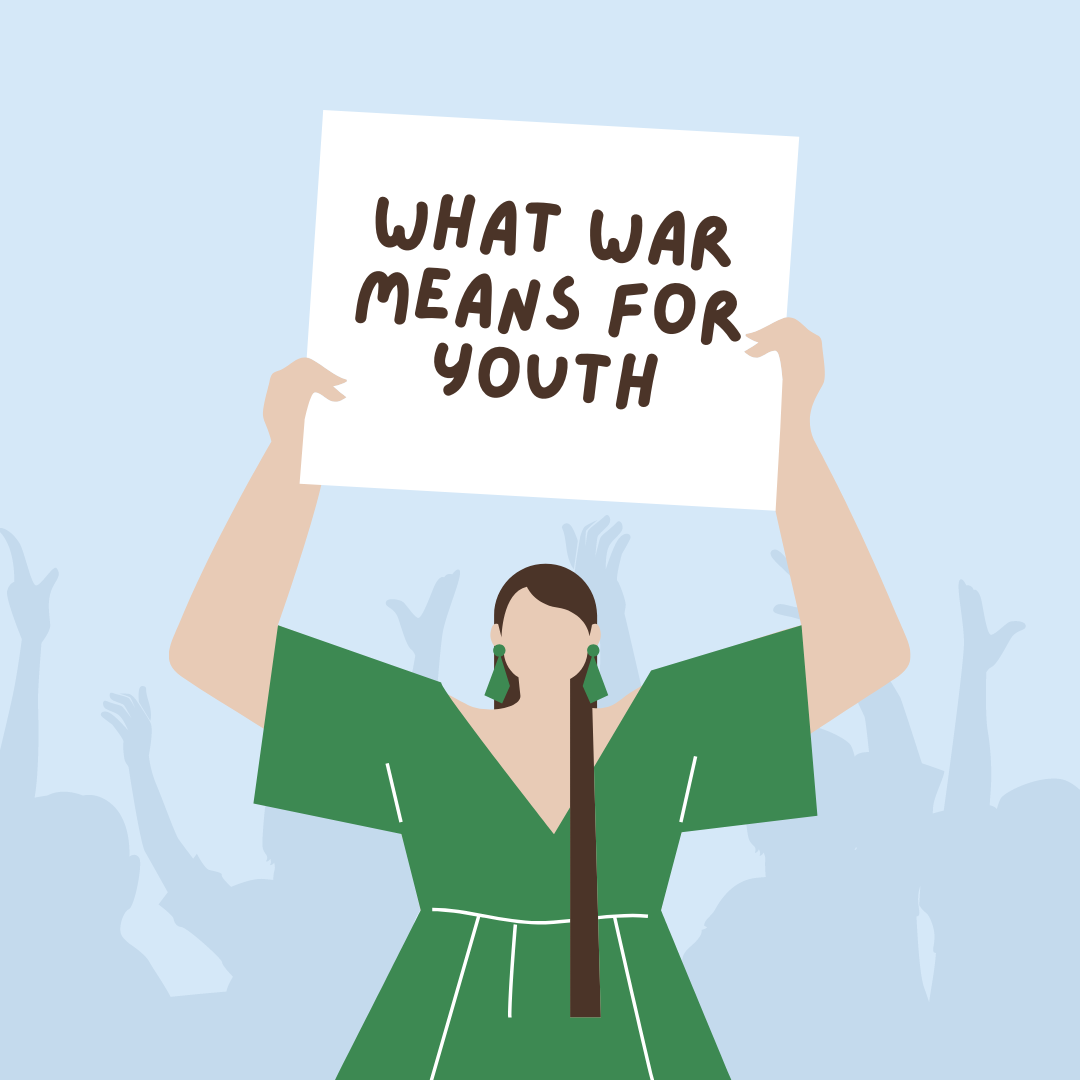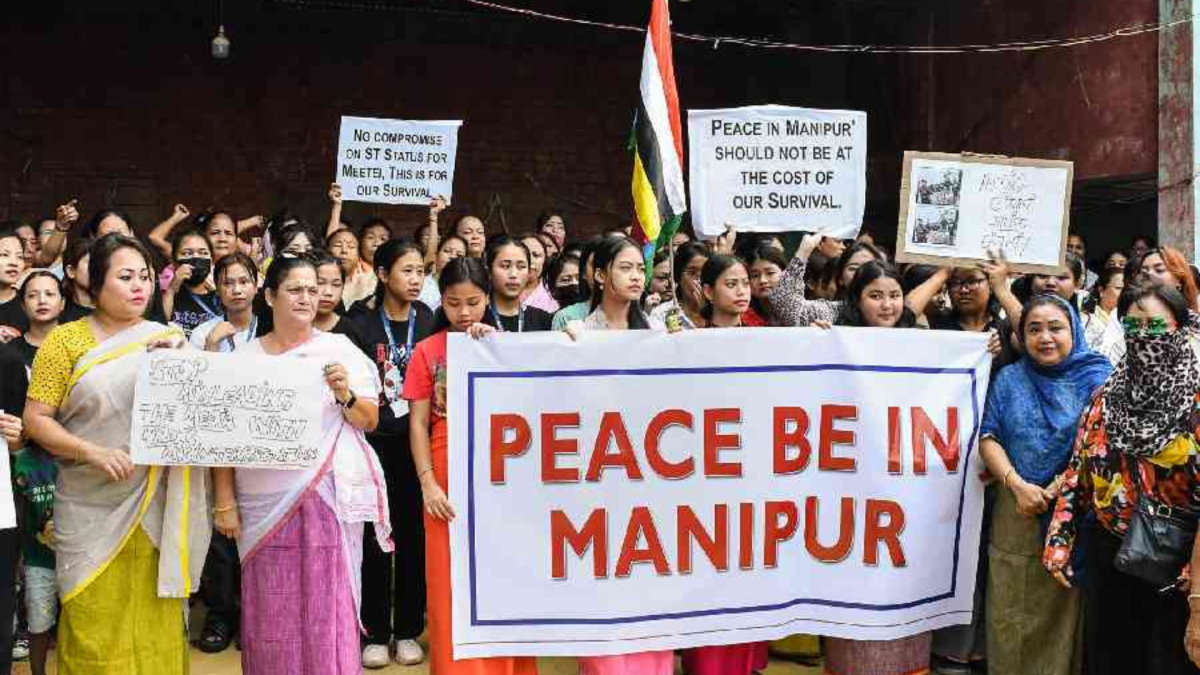As we go about our daily lives, we have collective amnesia about much of what was going on in the world just a few months ago, particularly the Ukraine-Russia crisis, which quickly escalated into war. The attack on a neighboring country and the resulting loss of innocent life was able to catch global attention as the world was concerned about relatives and friends in Europe and Ukraine, countries were worried about how the war might give rise to another refugee crisis, as well as the chance that service men may die in war. Others were also concerned about the threat to global economic and security stability – the stock market, for example, took a huge hit! And as our heart goes out to those enduring the perils of war, we are yet to think of the long lasting effects this might have on the population – especially the young adults. While the war affects everyone, my focus is on the way that young adults are affected and what the conflict could mean for them.
Even in the most tranquil of environments, growing up is difficult; growing up amid destruction, violence, and the disintegration of societal order is terrifying. War, violence, and conflict harm the future of youth and impede their development. How has the Ukrainian conflict affected the social and economic realities of young people living in both the countries? Of course, the youth yearn for peace and the chance to return to the mundane – a time that is not marked by war, to be able to go to the movies, meet friends, go for lunch. The war has disrupted these ordinary activities, and of course, coping with the loss of routine is difficult but the youth have so much more to worry about. As tensions between Russia and Ukraine rise, young men from the two countries are unwilling to fight in the war that could potentially mean a loss of life. And while several of them worry about getting drafted, several others wish to flee.
They want to go to a place where they are secure and their lives not bombarded by the threat of war. According to a December survey by the Kyiv International Institute of Sociology, half of all 18-29-year-olds in Ukraine or abroad would flee if Russia started an invasion. And what does either option hold? Fleeing the country means living lives as immigrants which is not easy. Although, European countries have been generous to open up their borders to take in refugees who are fleeing the crisis – relocation always comes with its own set of challenges. The conflict has also severely disrupted opportunities for education and employment.
The war has put the entire region in an economic setback which means that securing and sustaining employment will be extremely difficult. Furthermore, the ill effects of political violence and conflict on mental health is also well documented. Young adults may suffer from depression, anxiety disorder, panic disorder, and post-traumatic stress disorder (PTSD), the most common psychiatric diagnosis following exposure to conflict. This might cause lasting effects on their lives.
As a result, it is critical for governments to protect and promote the rights of young people, as they are our future and will help reassemble the building bricks for a better future for our countries.







